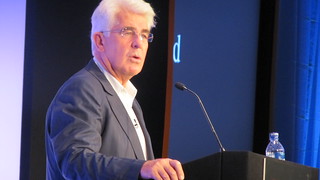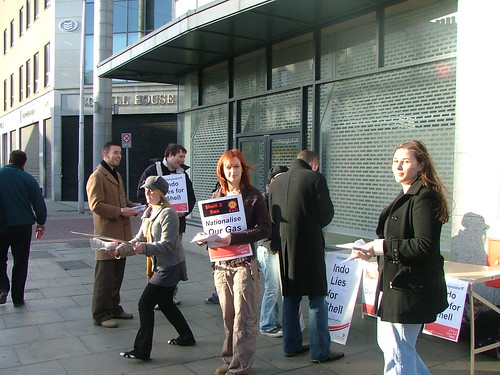If you tell someone you have a degree then suddenly you’ve achieved a new level of respect. At least, that was the case 10 or so years ago.
Thousands of different degrees exist now, and among students there’s always the quiet competitiveness of ‘my degree is better than yours’. While this might be childish it’s the way things work – those with journalism degrees receive a lot more respect than those with a degree in event management. And definitely more respect than anyone doing a degree in golf management (yes, that actually exists).
But what about a PR degree?
Most of my peers have little idea about what ‘PR’ even stands for, never mind what my career will entail. Even a lot of people considering taking a PR degree are unaware of what the career is. One friend who is currently on my PR course said: “It’s a lot different to what I expected but it’s interesting.”
Another friend who studies a science said: “It’s something to do with managing celebrities and covering up their mistakes.”
Doing a degree in PR is frustrating because, to my peers, they don’t understand it. To them it’s not complex enough to need a degree – something I would definitely argue against.
But do PR practitioners think a degree, now costing up to £55,000, is necessary for beginner account executives?
It’s a big debate within the PR world – a lot of practitioners don’t have a degree in PR, or have a degree at all. Those with experience or degrees in adjacent fields, such as marketing/advertising or media based studies are also getting jobs as PRs. Even someone with a politics degree has a chance to get a public affairs PR position – so what’s the point in doing a PR degree?
My personal opinion is that having a PR degree is the best way to hit the ground running when students land their first job. And that’s exactly what employers want.
Some people think that degrees don’t teach the writing skills you need to be successful as a PR – my degree at Sunderland is all about writing styles and techniques within the first year – it’s the basic foundations that any practitioner needs.
But a degree could never teach the personality I think you need to do PR. You need to be a good communicator, in any situation. There may be people you don’t want to work with, or clients who really grind your gears, but having the confidence and personality to deal with tricky people seems essential. That can’t be taught through anything but getting experience.
A PR degree provides the foundations of writing skills, organisation and planning skills, but it’s the real understanding of the industry that will always place us head and shoulders above those with other degrees or no degree at all.
I’d definitely say you have to be the right kind of person to do PR – and that may mean you’ll be successful without a degree, but without one you’re open to situations you’ve never experienced and that’s a steep learning curve.
So, PR degrees – not widely understood or respected, but, at least in my opinion, help with getting on the first rung of the ladder to a successful PR career.






